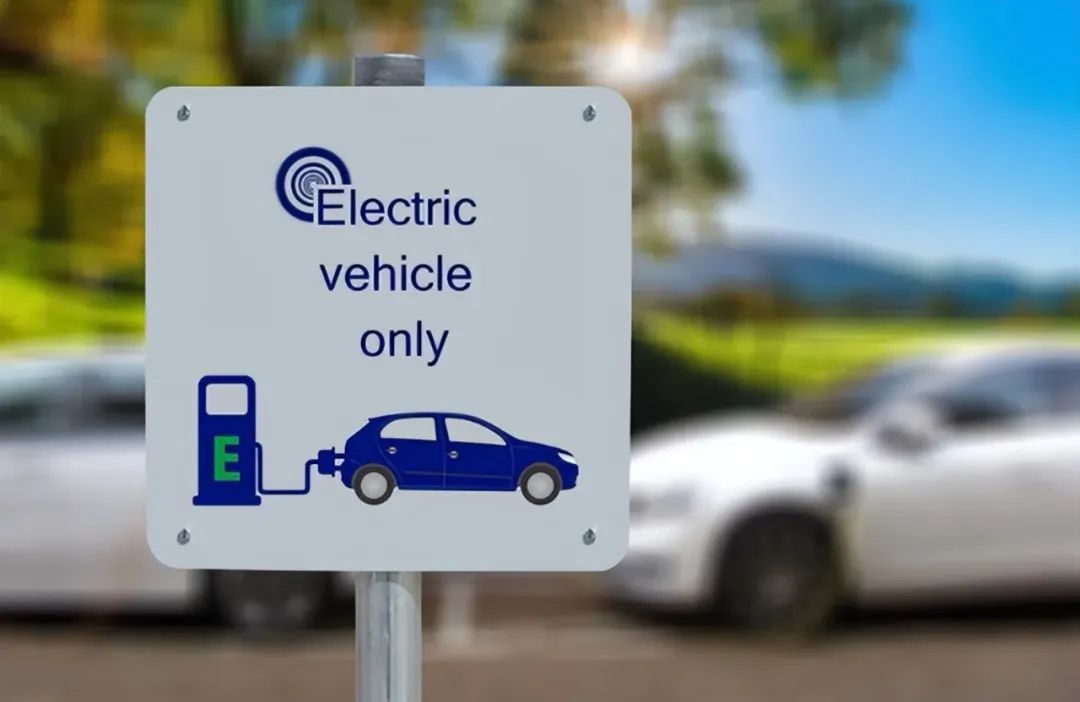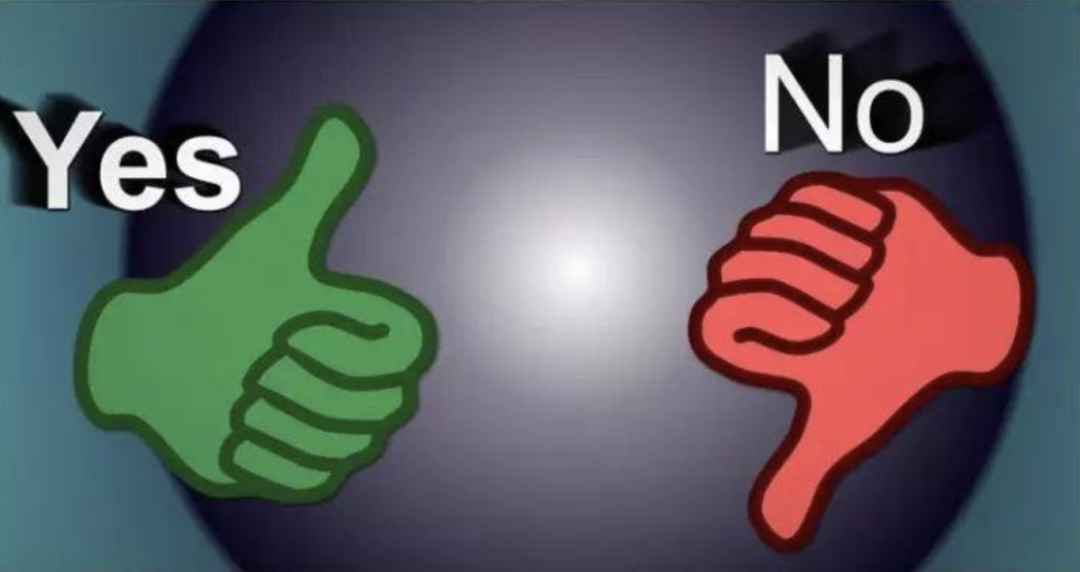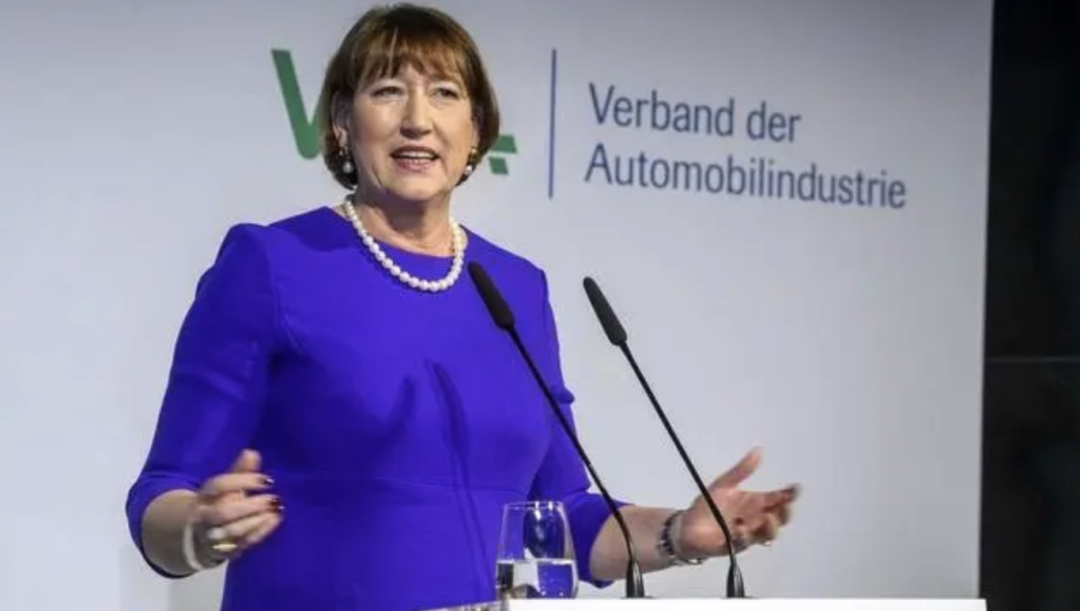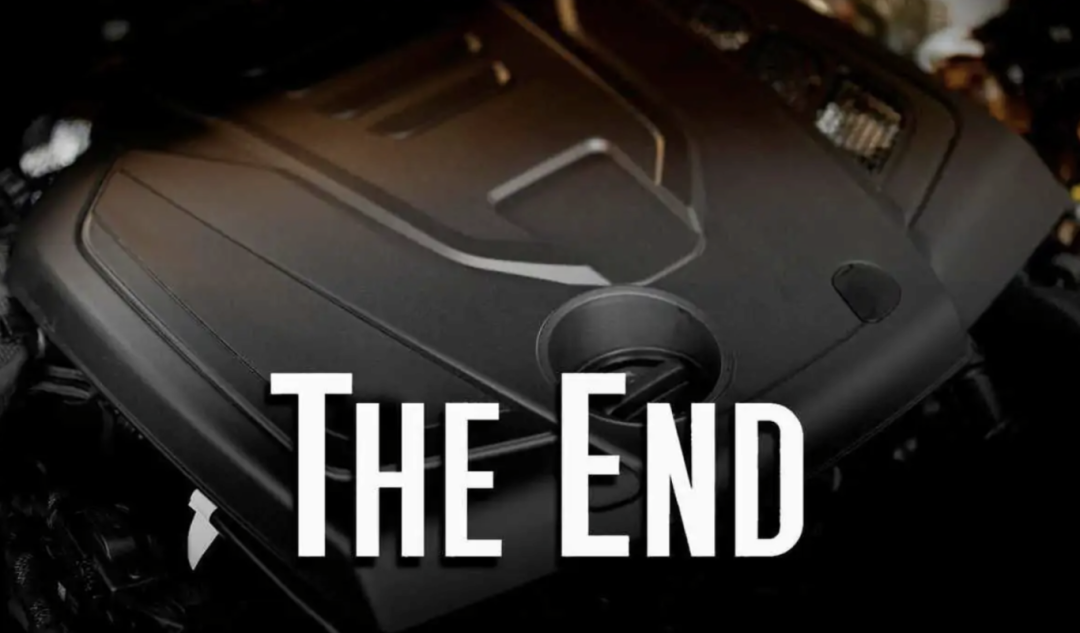The EU Would Rather "Lose Face" Than Not Modify the Fuel Ban
![]() 07/08 2024
07/08 2024
![]() 587
587
Introduction
Introduction
In Europe, where traditional fuel vehicle manufacturers gather, they are still reluctant to give up on fuel vehicles.
Editor-in-Charge: Li Sijia
Editor: Wang Yue
After major European automakers announced plans to slow down the electrification process earlier this year, the European Union recently again mulled modifying the "2035 fuel ban."
According to foreign media reports, the European People's Party, the largest legislative group in the European Parliament, will seek to weaken the EU's plan to phase out carbon dioxide-emitting cars by 2035. Currently, the proposed draft includes revisions to carbon dioxide emission reduction rules for new cars and vans, allowing the use of zero-emission alternative fuels after 2035.
This draft proposing modifications to the fuel ban comes after Germany requested an exemption, and the European Commission promised to open new legal avenues to allow the continued sale of new cars using "synthetic fuels" after 2035, marking another wavering and concession of the "2035 fuel ban."

Although the European People's Party has not specified how it hopes to change the fuel ban policy, the party hopes to modify the ban on internal combustion engines and develop the most advanced internal combustion engine technology. If the demands of this draft are met, European automakers will be able to develop and continue selling new internal combustion engine models and be allowed to sell them after 2035.
After Germany requested an exemption, the European Commission promised to find a way to legalize "synthetic fuels"; this draft proposing modifications to the fuel ban by the European People's Party has once again shaken the ban... It seems that the smooth implementation of the "2035 fuel ban" in the future will not be easy.
The Fuel Ban is Shaken Again
In fact, since the passage of the "2035 fuel ban" last year, which will prohibit the sale of new internal combustion engine vehicles using gasoline and diesel by 2035, discussions about this ban in the EU have never stopped.
The first is the confrontation between supporters and opponents.
"Today, the European Parliament has sent a clear signal to change the direction of the drive system. The internal combustion engine is a model for gradual elimination, and now all relevant personnel must be clear about this."

"Ambitious climate protection goals in the transportation sector will not be achieved, only electric vehicles can."
When the EU first introduced the "2035 fuel ban," supporters and opponents expressed the above views. At that time, the internal combustion engine was shunned in Europe, which prided itself on environmentalism, and a ban on internal combustion engines was imminent. An agreement was reached in October of that year, stating that all passenger cars and light commercial vehicles sold in the EU market would have zero carbon dioxide emissions from 2035 onwards.
Although the fuel ban has a 13-year transition period, it has sparked intense discussions in the automotive industry, especially in the European market, since its introduction.
Support for the ban comes from those who advocate environmentalism and new energy strategies, and some radical MPs even said, "The government must take urgent measures to ensure that the goals are achieved." At the same time, there are more doubts and oppositions to the ban.

Hildegard Müller, the chairman of the German Association of the Automotive Industry, once warned in a statement at that time that the EU needed to make "appropriate adjustments" to the plan based on the current status of electric vehicle charging facilities, renewable energy production, and raw material supply sources, rather than setting targets after 2030 "haphazardly".
This argument was the main attitude of European markets represented by Germany and Italy, where traditional fuel vehicle manufacturers gather. They explicitly expressed opposition to the introduction of the fuel ban.
In their view, as the birthplace of the internal combustion engine, Europe is currently one of the strongest regions in the global fuel vehicle manufacturing field. The well-developed fuel vehicle industry chain has also absorbed a large number of jobs. The EU's introduction of the fuel ban is undoubtedly self-destructive. Therefore, facing an unavoidable situation, they even begged to "approve the ban on selling new fossil fuel vehicles but allow the sale of vehicles using synthetic energy fuels."
Subsequently, Germany and Italy, home to automotive giants such as Volkswagen, Porsche, Ferrari, and Lamborghini, joined forces with other supporting countries to form an "anti-fuel ban alliance." They jointly lobbied the EU to grant exemptions for e-fuels, a synthetic energy fuel technology. Afterward, there was a period of dispute and stalemate between the alliance and the EU.
However, under the persistence of the former, the EU renegotiated the "2035 Agreement on Zero Emissions for Newly Sold Passenger Cars and Vans in Europe" passed on Valentine's Day last year. The new regulations will allow the sale of cars using synthetic energy fuels after 2035.
Exploring More Possibilities of the Fuel Ban
This means that the e-fuels scheme has been accepted by the EU and has become a batch of internal combustion engine models that survived the fuel ban. At the same time, this move has also given global automakers a breather on the path to developing electrification.
This move also provides automakers with a new development path for the future—if synthetic fuels can be used, European automakers can continue to sell internal combustion engine cars after 2035. This also validates what former Porsche CEO Oliver Blume said, believing that there is no conflict between electrification and expanding synthetic fuel production.
Obviously, allowing the search for alternative synthetic fuels has taken a more diversified and open attitude on the part of the EU in the transition to electrification in the automotive industry, which seems more moderate than a "one-size-fits-all" complete ban on internal combustion engine vehicles. After all, there are currently over 1.3 billion internal combustion engines on the road worldwide, and their right to use the road will continue to exist.
Based on the green light given to the e-fuels scheme, manufacturers with relevant technical reserves have been elated.

In 2011, Audi launched the e-gas project, established an e-gas plant, and produced ethanol diesel fuel "e-diesel" in 2014. Porsche's "double E" strategy is precisely—Electric (electrification) and e-fuels. In April 2022, Porsche invested $75 million in a Chilean company for the research, development, and production of the eFuels project. This project was initiated by Porsche and jointly developed with Siemens Energy and ExxonMobil.
However, the current e-fuels technology is still in the experimental stage. Although the relevant technology has development prospects, it is far from reaching the stage of mass production. The development of synthetic fuels requires high costs, and only by further strengthening technological research and development and industrial chain construction can it be further promoted and applied. Fortunately, the EU has given it the potential for development.
When the fuel ban was first announced, global automakers announced their fuel ban timetables.
General Motors plans to stop selling traditional fuel vehicles globally by 2035; Audi announced that it will gradually stop producing internal combustion engine models by 2033; Mercedes-Benz said it would stop selling fuel vehicles by 2030; the Volkswagen Group plans to stop selling fuel vehicles in the European market by 2035; Nissan announced that it would stop selling fuel vehicles after 2025; Honda said it would fully stop selling fuel vehicles by 2040...
However, with the "loosening" of the fuel ban, coupled with factors such as performance pressure and employment issues, major automakers have successively announced this year that they will suspend their strategic goals for electrification.
Mercedes-Benz has committed to continue updating its internal combustion engine vehicle products in the next decade; the Audi labor union advocated overturning the plan for full electrification by 2030; Volkswagen indefinitely postponed the launch of the ID.7 in North America; Toyota, Mazda, and Subaru even signed a related agreement to jointly develop a new generation of internal combustion engine engines using environmentally friendly fuels other than gasoline...
Obviously, traditional automotive giants are still reluctant to give up on fuel vehicles for the time being, and the EU would rather "lose face" than not modify the 2035 fuel ban.






